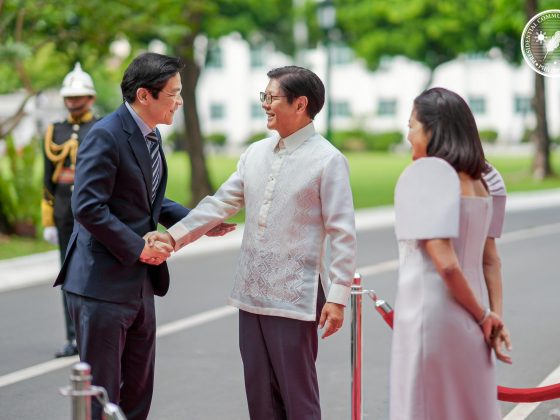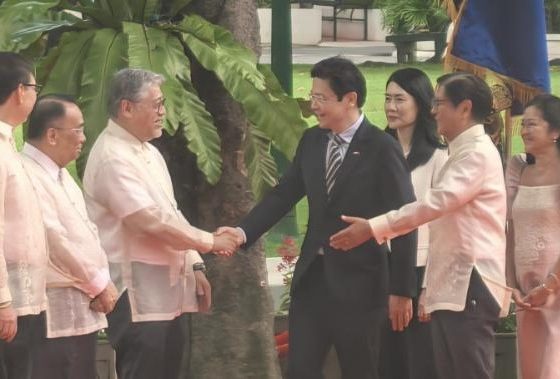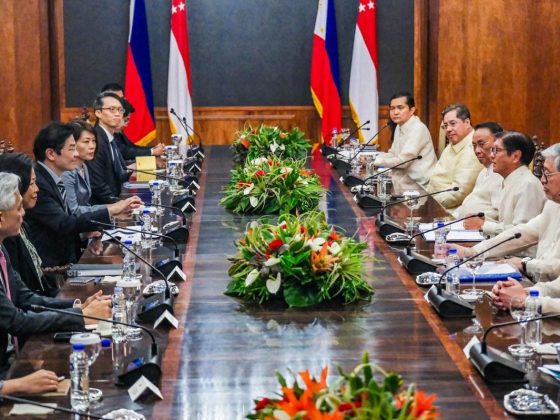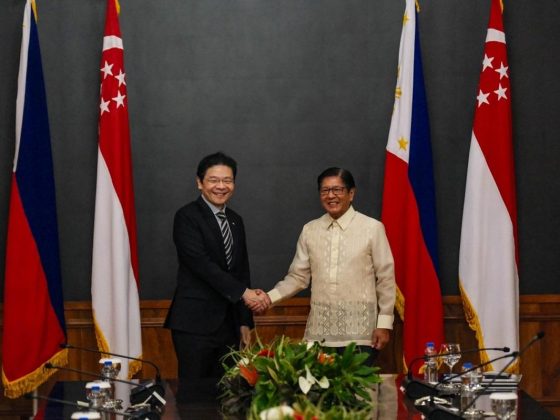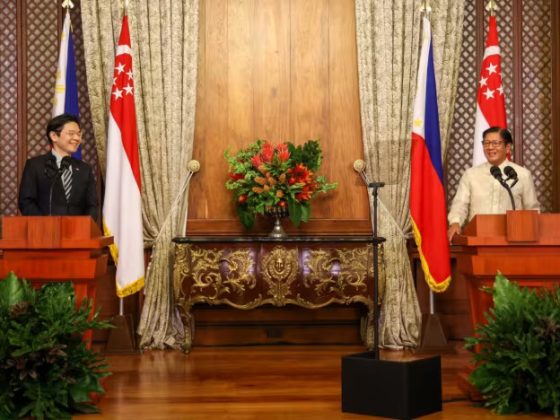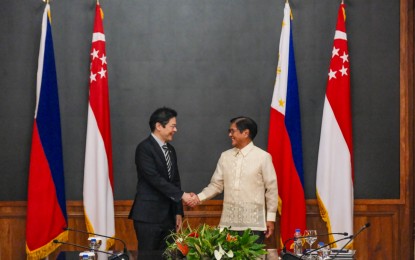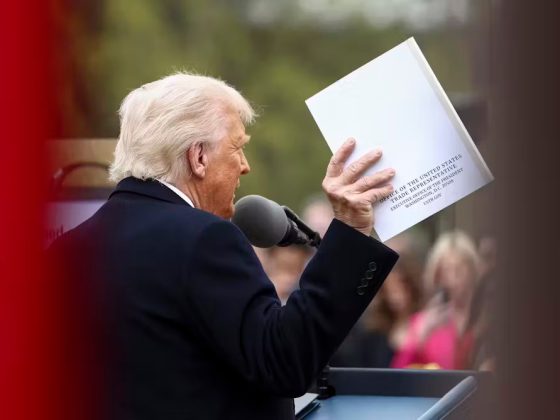Selecting leaders or public servants through elections has always been crucial the Philippines. As we go through a tough time in the local and international scale, the leaders we appoint in the upcoming election will steer the course of our country and local government.
01. Do Not Vote For Political Dynasty Candidates
Avoid electing leaders that belong to political dynasty or those with family that are already elected.
The constitution even prohibits the creation of political dynasty.
The State shall guarantee equal access to opportunities for public service, and prohibit political dynasties as may be defined by law.
1987 Philippine Constitution. Article II, Section 26
The Sangguniang Kabataan (SK) Reform Act of 2015 (Republic Act No. 10742) even has a definition for it:
An official of the Sangguniang Kabataan, either elective or appointive, must not have any relative within the second civil degree of consanguinity or affinity who is an incumbent elected national, regional, provincial, city, municipal, or barangay official in the same locality where they seek to be elected.
Reform Act of 2015 (Republic Act No. 10742)
Why it’s important not to elect those in a political dynasty? Or avoid making political dynasties altogether?
Bias. When leaders are part of the same family there is an inherent risk of bias. They will protect their family interest as much as they can. This often results in decisions and policies aimed at preserving their political power, rather than serving the greater good of the public.
02. Do Not Vote For Generic Shitty Promises
Evaluate their standing on current issues. Avoid leaders who not only make empty promises but also those that only say generic shits.
These can include candidates that says similar to the following:
I will eliminate poverty once I’m elected
Hindi na kayo magugutom pag nanalo ako!
Empty promises without any plan or solution is a sign of a weak leader. Devious and weak.
Vote for those with concrete plans or atleast have an idea on how to solve it.
03. Do Not Vote For Candidates That Don’t Know Their Jobs
Senatorial positions have law-making jobs and if these candidates are promising things like Ayuda, that does not involve crafting better laws for the country. They are just baiting for your votes without actually doing their jobs properly. More often than not, they will not be able to function properly once elected.
Candidates running for senators saying that there are already enough laws and doesn’t need to create new or reform existing ones should be a red flag. If you want to give financial assistance and the like, why not just build a foundation dedicated for helping people that way.
04. Vote For Competent And Experienced Candidate
Do not vote someone just because they are famous like showbiz personality or a known figure that is totally unrelated to public service. While there are candidates that are popular but are competent exists, look at their qualifications, skills and experience.
Just because the candidate can dance, give money and trinkets they deserve to be in a position. Voting for an unqualified candidate is tantamount to risking poor governance.
If you are thinking they could just hire competent individuals to think for them once they are elected. Why not elect those competent people instead.
05. Do Not Vote For Those Giving Money Or Spent A Lot During The Campaign Period
This is not a clear cut tip on how to choose your leader. But when a candidate uses a lot of resources, particularly money to advertise themselves, this is a red flag. Where do you think they will get their money back? Public servants are not necessarily given high wages. Senators for example have a monthly wage of around 270,000 pesos.
If the candidate already spends billions of pesos just for campaign. How do you think they would get it back? Even if it’s donated money from individuals or groups. These donors would want to get it back in money or favors Then these favors now become a source of corruption or compromise that can affect the services rendered for the people.
One final thing. Exercise your right to vote. The future of the next generation is also in your hands.


